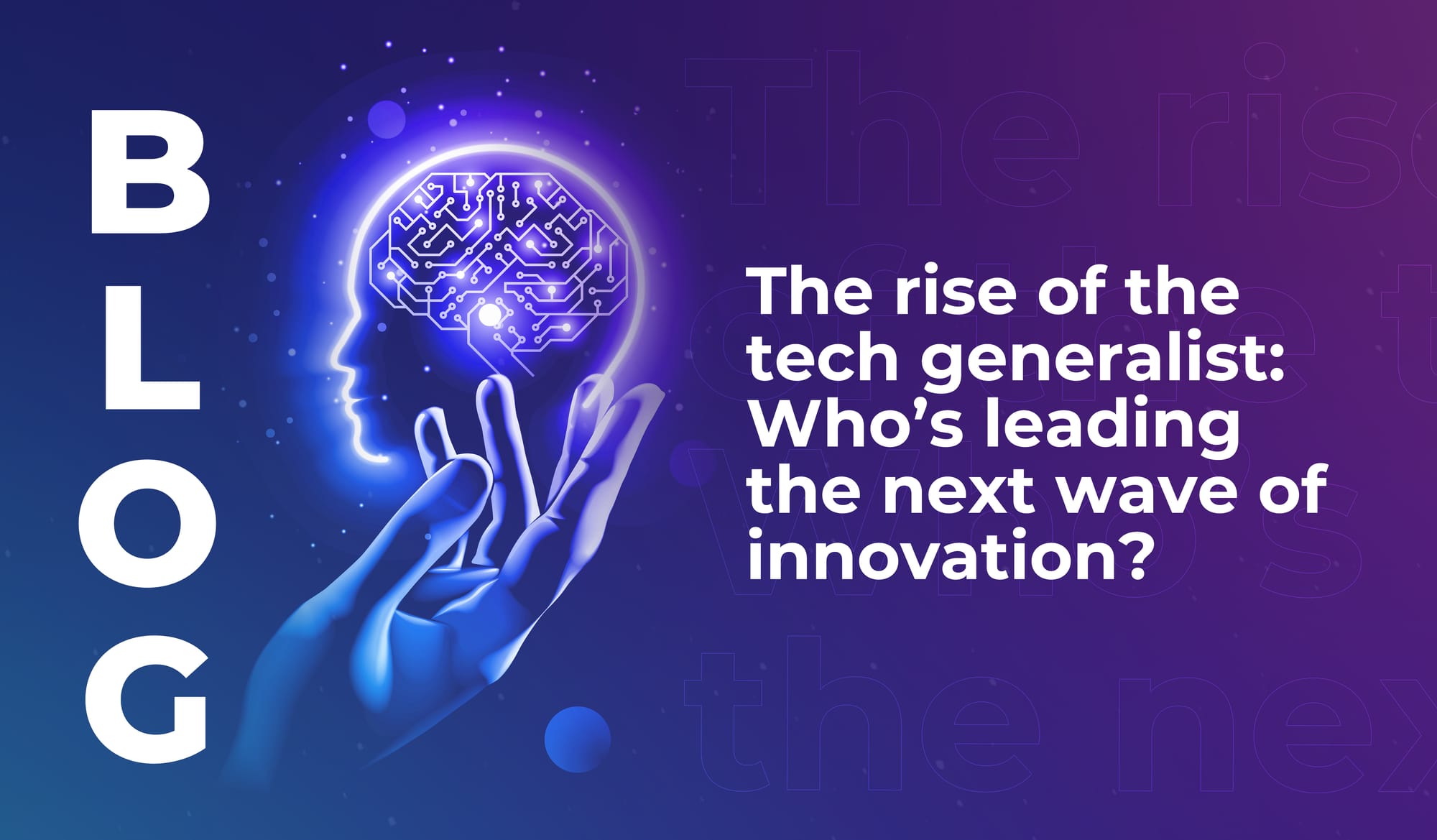
1. Your remote office might become much more sociable
At the moment, collaborating while working from home means parking yourself somewhere that doesn’t look too messy during video meetings. But that might all change, as the future of IT pushes the concept of the remote work ever further forwards.
“If you talk to anyone right now they’ll tell you that what is missing in the digital world is small talk and those spaces where ideas just come up, right?” says Aly Madhavji, a consultant to the UN and Managing Partner of Blockchain Founders Fund.
“But in the digital future of work, with VR or AR, you’ll be able to do far more social things in a much more intensive, more cohesive way. You’ll be able to be much more collaborative as a team. It could even be a virtual office where you feel like you can actually walk around.” This means that in the coming years, virtual reality (VR),or augmented reality (AR) will lead to improvements that will shape the future of work.
2. Expect to work in different realities
|
The idea of only being employed in one reality? That’s going to become old-fashioned. The digital future of work will increasingly see roles that blend between the physical and virtual. In addition to that, many companies will plan a hybrid virtual model that combines remote work with time in the office.
“Job titles like ‘hologram stylist’ already exist today. Fashion brands like Gucci are already turning to digital only clothing and accessories. Virtual couture designers make digital fashion first, in the form of filters or 3D assets,” says Cathy Hackl, metaverse futurist and best-selling author of the book, The Augmented Workforce: How AI, ARI, & 5G Will Impact Every Dollar You Make.
“As we depend on AI robots, like Amazon Alexa or Siri, they will become gatekeepers. Business-to-Robot-Consumer (B2R2C) marketing managers will reach customers through robots. No matter how we communicate, I expect augmented reality (AR), virtual reality (VR), artificial intelligence (AI), and 5G to have an impact.” The future of work from home will require many behavioural changes, including investing in digital infrastructure and other digital transactions
|
3. Managing talent might be a nightmare for organisations
When it comes to IoT technology and the future workplace, we’re only going to see it making our work lives easier, right? Not necessarily. Companies might find that the future technology of working from home makes managing employees more difficult as remote work has changed performance management noticeably.
“There are a lot of questions that are coming up for organisations to get on top of regarding talent. How are they going to deal with the rise in gig and freelance workers?” asks Madhavji.
“How do you source talent consistently and effectively? If people are leaving jobs more often, how do you make for smoother transitions and faster talent recruitment? Will companies use freelancers that work remotely for two organisations that are really big? Or three or four? How does that work? We’re at the tip of the iceberg in terms of this at the moment.”
4. You might want to postpone your retirement plans
As health tech companies focus on tackling ageing and age-related diseases, we’re likely to live longer in the future. Which means that one impact of technology at work is that we’re also probably going to have to work for longer in futuristic new fields like cryptocurrency jobs and IoT businesses..
“At the moment, the discussion is that retirement age will go up by up to 10 years – and even further as technology at work improves,” says Dr Maliha Hashmi, Executive Director and the Deputy Sector Head for the Health, Wellbeing and Biotech Sector at NEOM. “When you add the whole AI angle, plus genomics and genetics platforms that let you not just prevent conditions, but cure chronic conditions like diabetes or obesity, it might go up by maybe 15 years. There have been so many drastic improvements.”
5. In fact, there could be a pensioner workforce
Sure, with tech creating futuristic new fields like cryptocurrency jobs, blockchain and IOT businesses, you might think it’s only the preserve of the young. But it also creates the perfect working conditions for the elderly – and what’s more, using them in the workforce might hugely benefit society.
“Not only does remote working make it easier for the elderly population to be employed, but when you get them involved in working at an elder age, you see a decrease in mental health diseases – things like Alzheimers, dementia, the need for hospice care,” says Dr Hashmi.
“Future technology gives us access to elderly people’s wisdom for a much longer time, enhances their well-being and reduces the cost of healthcare. It’s a beautiful cycle and a concept we’re trying to bring in which will have a very positive impact across the world, and it is so vital for the development of technology and future jobs.”








